In the medical industry, the quality of injection-molded products directly relates to the lives, health, and safety of patients. From precision medical device components to disposable medical supplies, every injection-molded product must meet stringent quality standards. Quality control in medical injection molding production is a systematic project that involves multiple aspects such as raw material selection, production process monitoring, and finished product inspection. Only through comprehensive and meticulous control can the stability and reliability of product quality be ensured.
Strict Selection of Raw Materials: Laying a Solid Foundation for Quality
Raw materials are the primary factor determining the quality of medical injection-molded products. Medical injection-molded products have extremely high requirements for the performance of raw materials, which must possess good biocompatibility, chemical stability, and resistance to disinfection. For example, products used to manufacture syringes and infusion sets that come into direct contact with the human body are usually made from non-toxic and odorless plastic raw materials such as polypropylene (PP) and polyethylene (PE). These raw materials need to comply with relevant medical-grade standards, such as the United States Pharmacopeia (USP) Class VI standard or the European Pharmacopoeia (EP) standard.
In the raw material procurement process, enterprises should establish a strict supplier evaluation and screening mechanism and select suppliers with a good reputation and a quality assurance system. Conduct rigorous inspection and testing on each batch of raw materials, including appearance, physical properties, and chemical properties, to ensure that the quality of raw materials meets production requirements. At the same time, rational planning of raw material inventory management should be carried out to prevent raw materials from deteriorating or experiencing performance degradation due to improper storage, which could affect product quality.
Fine Mold Management: Ensuring Product Precision
Molds are the core tools in medical injection molding production, and the quality and precision of molds directly affect the dimensional accuracy, surface quality, and molding effect of products. Medical injection-molded products often feature complex structures and high dimensional accuracy requirements, so extremely high demands are placed on mold design and manufacturing.
During the mold design stage, it is necessary to fully consider the product's usage requirements and molding process characteristics, optimize the mold structure, and ensure that the mold has good air venting performance, cooling effect, and demolding performance. Use advanced mold design software for simulation analysis to identify potential problems in advance and make improvements, reducing the number of mold trials and improving mold development efficiency.
In the mold manufacturing process, strictly control the processing accuracy and surface quality. Select high-precision processing equipment and processes to ensure that the dimensional accuracy and shape accuracy of the mold meet design requirements. Perform fine treatment on the cavity surface of the mold to improve surface finish and reduce surface defects and flaws on the product. After mold manufacturing is completed, conduct strict inspection and mold trials to comprehensively evaluate the mold's performance and product quality, ensuring that the mold can meet production requirements.
During mold use, establish a complete mold maintenance and upkeep system. Regularly clean, lubricate, and inspect the mold, promptly identify and solve problems that arise with the mold, and extend the mold's service life. Record and analyze the mold's usage situation, summarize experience and lessons, and provide a basis for mold improvement and optimization.
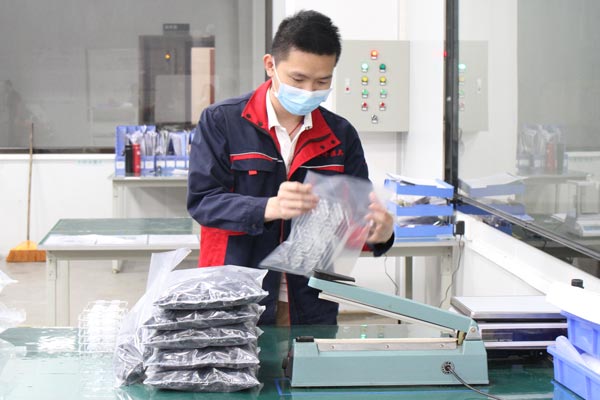
Strict Production Process Control: Ensuring Quality Stability
The production process is a key link in quality control for medical injection molding, involving aspects such as the operation of injection molding machines, the setting of process parameters, and the control of the production environment.
Injection Molding Machine Operation and Process Parameter Setting
Operators of injection molding machines must undergo professional training, be familiar with the working principles and operating procedures of injection molding machines, and be able to set process parameters reasonably according to product requirements. Process parameters include injection speed, injection pressure, holding pressure time, and cooling time, and their settings directly affect the molding quality and production efficiency of products. During the production process, determine the optimal process parameters through experiments and adjustments based on the properties of raw materials, the structure of the mold, and product requirements, and maintain the stability of process parameters. At the same time, regularly maintain and service the injection molding machine to ensure its normal operation.
Production Environment Control
Medical injection molding production has strict requirements for environmental conditions. The production workshop should be kept clean, tidy, and well-ventilated, with temperature and humidity controlled within appropriate ranges. Dust, impurities, and other pollutants may adhere to the product surface, affecting its appearance quality and performance. Changes in temperature and humidity may cause changes in the properties of raw materials, affecting the molding effect of products. Therefore, establish a strict production environment management system, regularly clean and disinfect the production workshop, and install air purification equipment and temperature and humidity regulation equipment to ensure that the production environment meets requirements.
Online Quality Inspection
During the production process, use online quality inspection equipment to conduct real-time inspection of products, promptly identify and reject unqualified products. Commonly used online inspection equipment includes visual inspection systems and dimensional measurement instruments. Visual inspection systems can quickly and accurately detect appearance defects on products, such as short shots, flash, and bubbles. Dimensional measurement instruments can measure the dimensional accuracy of products in real time to ensure that product dimensions meet design requirements. Through online quality inspection, problems that arise during the production process can be promptly identified, and corresponding measures can be taken for adjustment and improvement to avoid the mass production of unqualified products.
Comprehensive Finished Product Inspection: Strictly Guarding the Quality Gate
Finished product inspection is the final gate in quality control for medical injection molding, conducting comprehensive and strict inspection and testing of products to ensure that they comply with relevant standards and requirements.
Appearance Inspection
Appearance inspection is the first step in finished product inspection, mainly checking the surface quality of products for defects such as scratches, cracks, deformation, and color differences. Appearance inspection usually uses visual inspection methods, and for some subtle defects, tools such as magnifying glasses and microscopes can be used for observation.
Dimensional Inspection
Dimensional inspection is an important step to ensure the dimensional accuracy of products. Use professional dimensional measurement instruments to measure the key dimensions of products, such as length, width, height, and diameter. Dimensional measurement instruments should be calibrated regularly to ensure the accuracy of measurement results. For products with high dimensional accuracy requirements, coordinate measuring machines can be used for precise measurement.
Performance Inspection
Performance inspection involves testing and evaluating the physical, chemical, and biological properties of products. Physical property inspections include tensile strength, flexural strength, and impact strength. Chemical property inspections include chemical corrosion resistance and aging resistance. Biological property inspections include biocompatibility and sterility. Performance inspections should be carried out in accordance with product usage requirements and relevant standards to ensure that products have good performance and reliability.
Establish a Quality Traceability System: Achieving Full Process Control
Establishing a complete quality traceability system is an important guarantee for quality control in medical injection molding. Through the quality traceability system, the entire production process of products can be recorded and tracked in real time. Once quality problems are discovered, the source of the problems can be quickly traced, and corresponding measures can be taken for handling and improvement.
The quality traceability system should include information such as raw material procurement, production process parameters, production process records, and finished product inspection reports. Use information management tools such as manufacturing execution systems (MES) and quality management systems (QMS) to achieve real-time data collection and sharing, improving the efficiency and accuracy of quality traceability. At the same time, regularly analyze and summarize quality traceability data to identify potential problems and quality risks in the production process, providing a basis for quality improvement.
Quality control in medical injection molding production is a complex and systematic project, requiring comprehensive and meticulous control in all aspects from raw material selection, mold management, production process control, finished product inspection to the establishment of a traceability system. Only by strictly controlling the quality of each link can high-quality injection-molded products that meet the requirements of the medical industry be produced, providing strong guarantees for the health and safety of patients. In the future, with the continuous progress of medical technology and the increasing market demands, quality control in medical injection molding will face higher challenges and requirements. Enterprises should continuously innovate and improve quality control methods to enhance their core competitiveness and adapt to market changes and development.
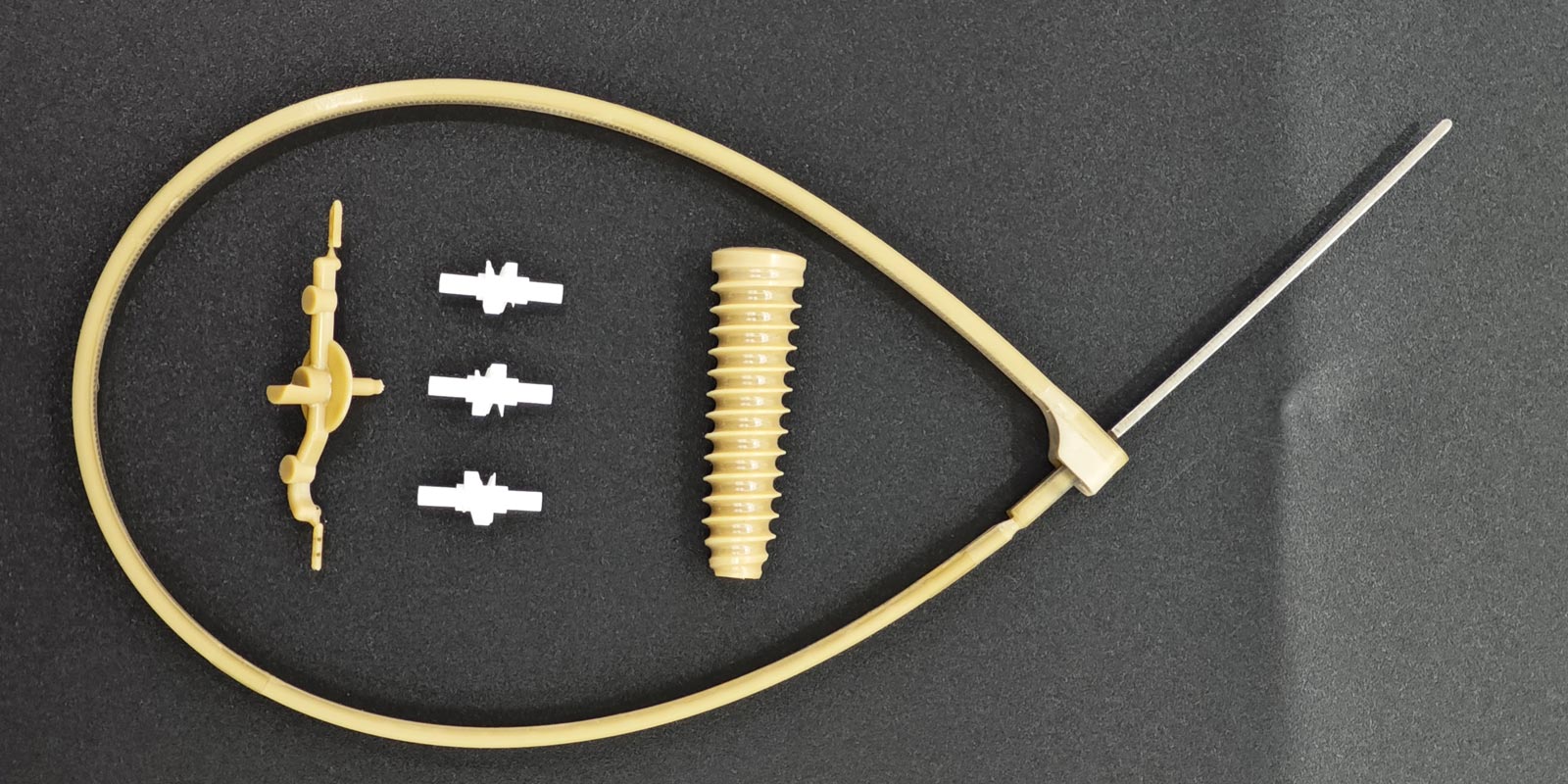
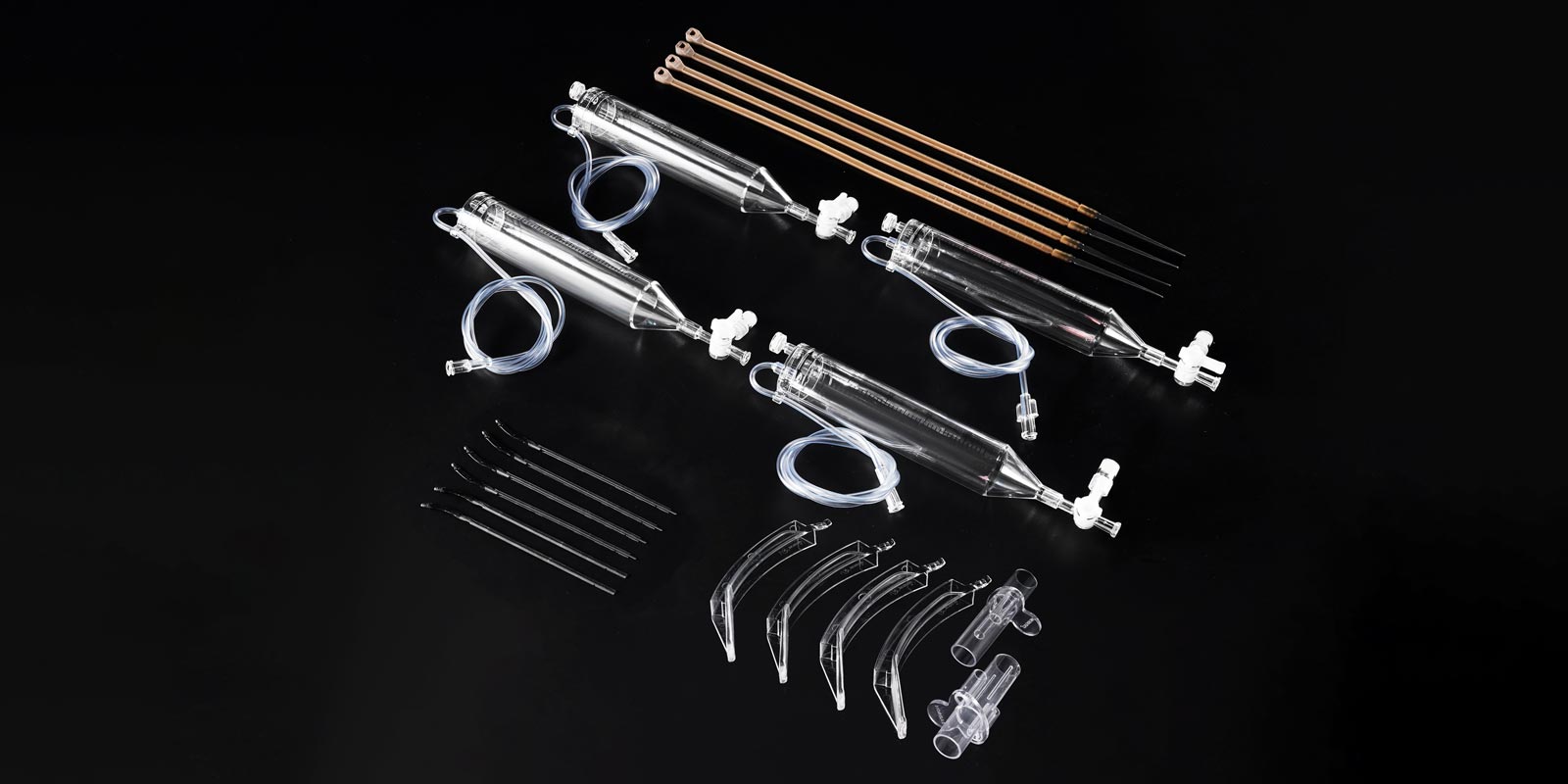
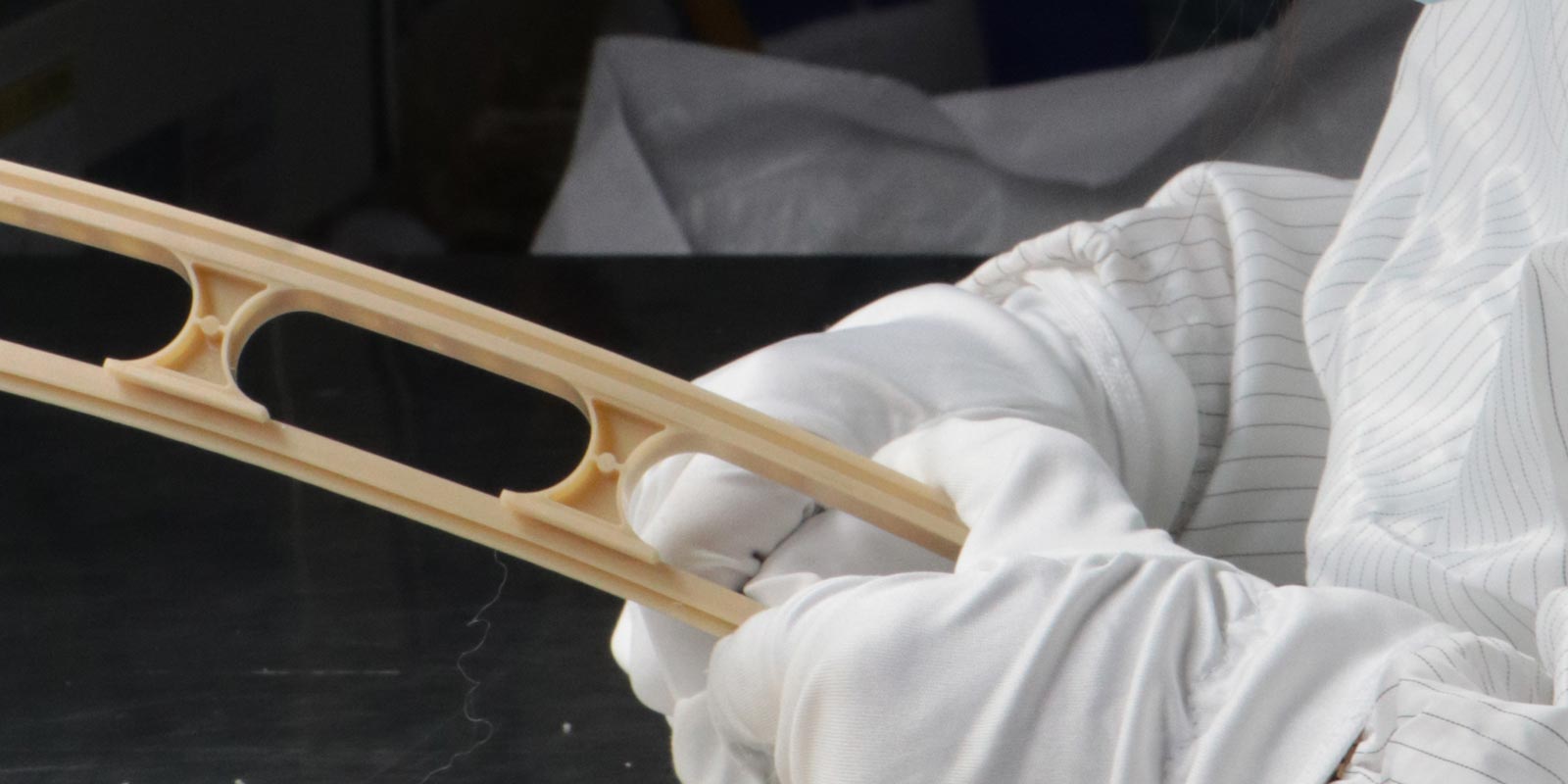
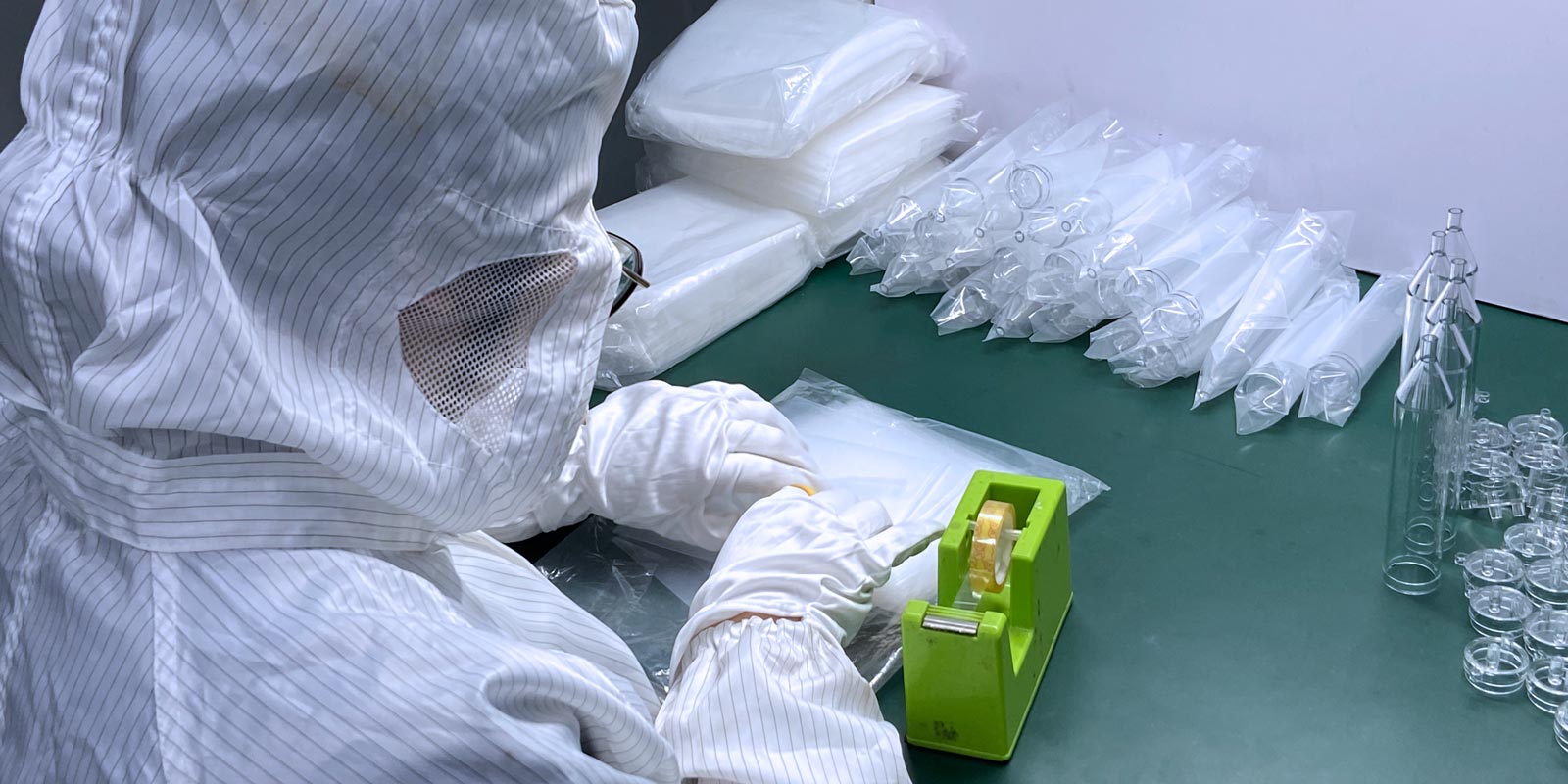
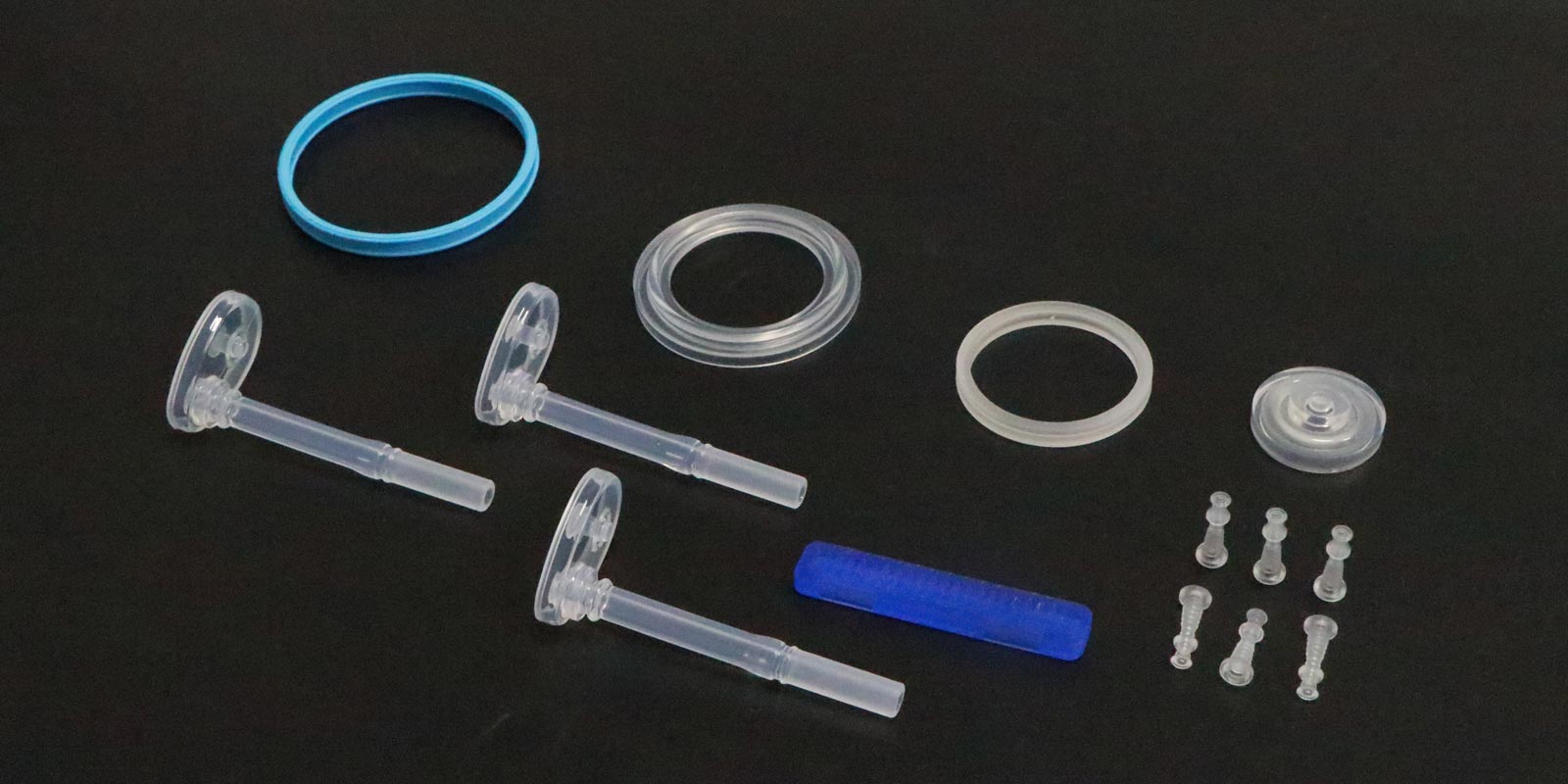
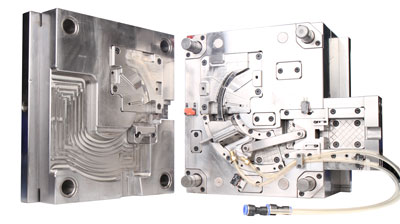
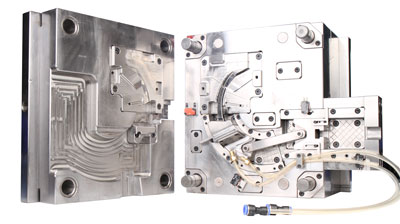
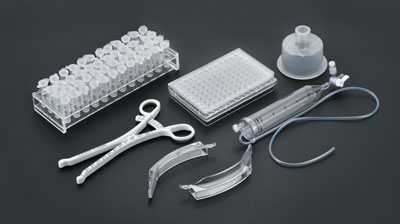








 Home
Home
